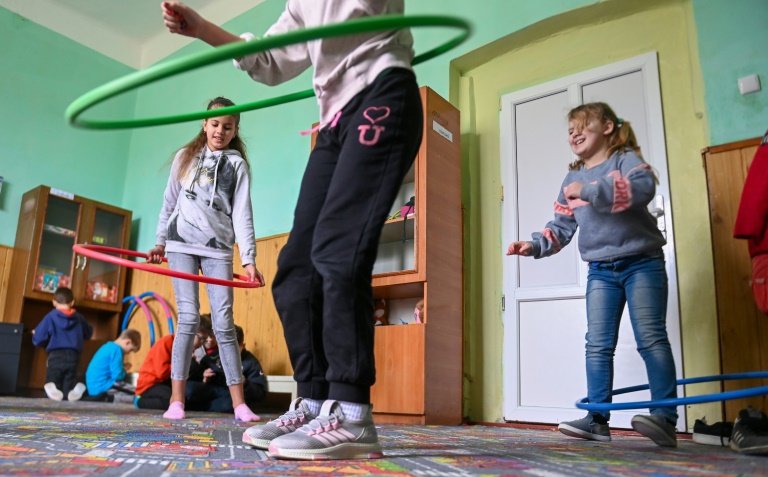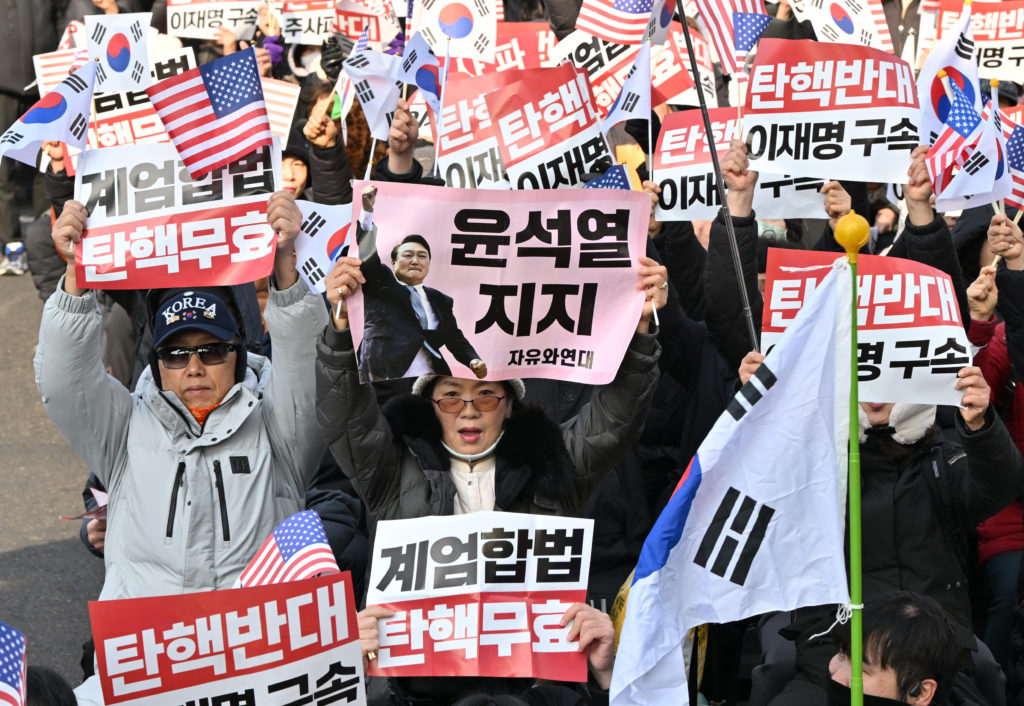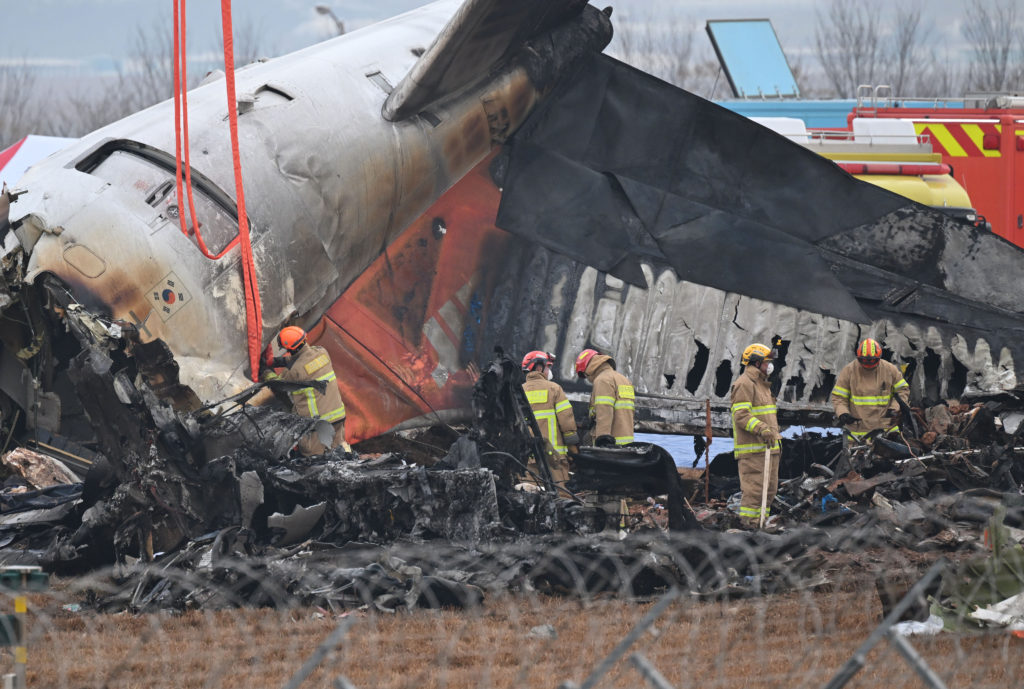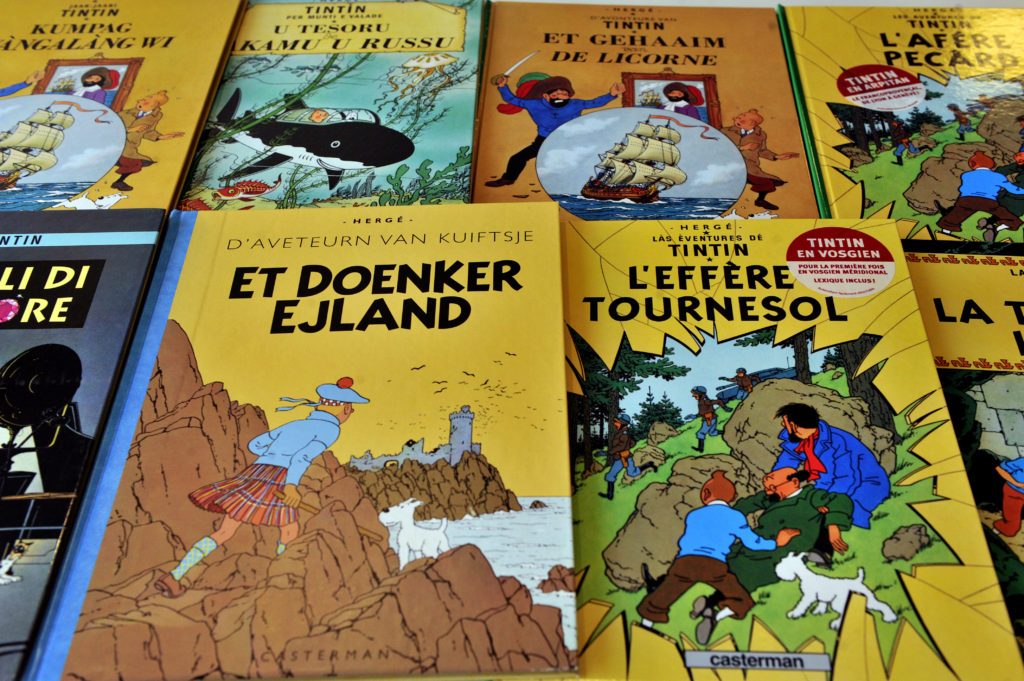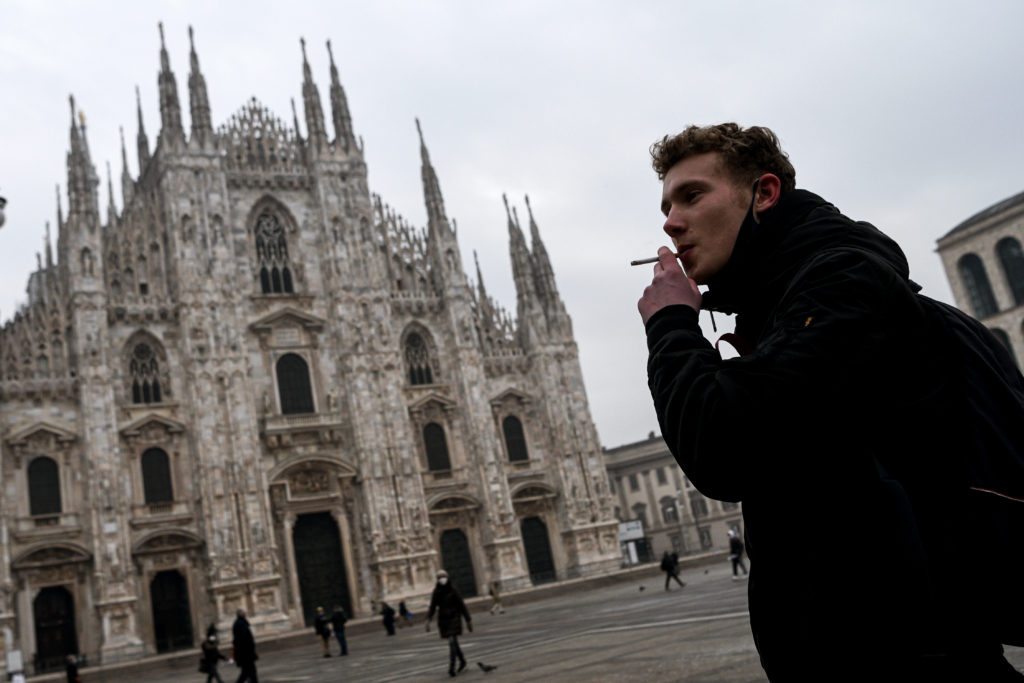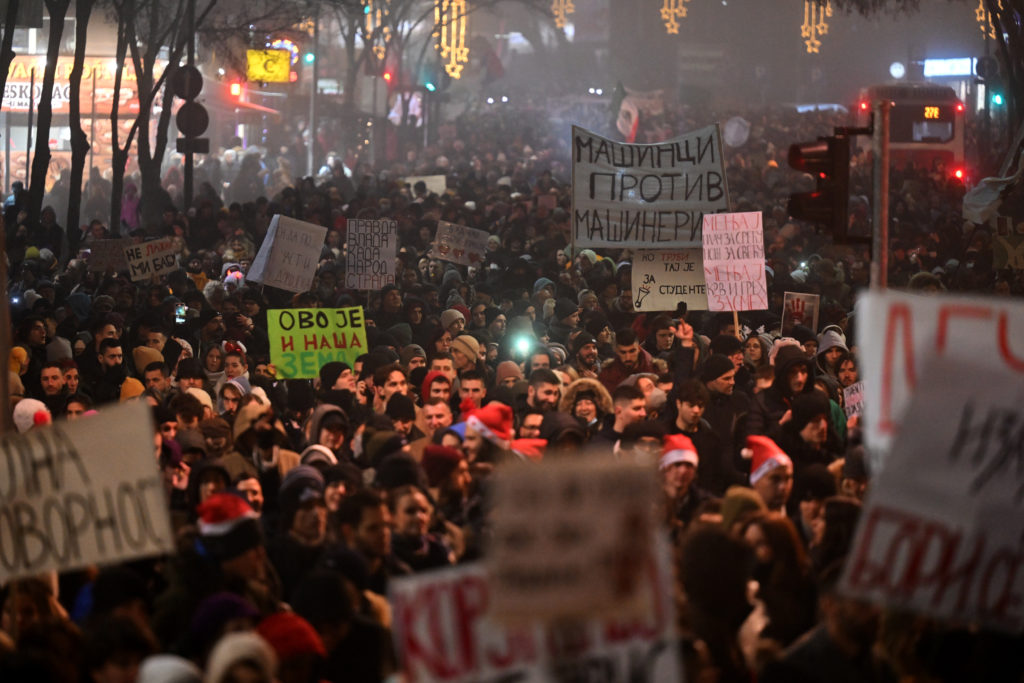Remote and windswept but safe, an empty school in the far west of Ukraine has proved a welcome refuge for 93 orphaned children evacuated by train from embattled Kyiv last week.
“We feel secure here, it is calm,” said Mykola Topolov, 17, one of the group brought to the makeshift orphanage in the village of Perekhrestya, around 800 kilometres (500 miles) from the capital.
The children, aged between six and 21, and hailing from front line zones in the Donetsk region, were staying at the Artek children’s camp near Kyiv when Russia invaded February 24.
“The kids were taking a break from the tension in Donetsk when the war broke out,” said Galyna Ivazenko, 57, the camp director who accompanied the children.
“We had just arrived when we heard two bomb blasts, and knew then that the Russians had attacked,” Mykola, who comes from the northern part of Donetsk region, told AFP Monday.
“It was frightening, then days later when we were put on a train it got stuck in Kyiv station for eight hours,” he said.
The evacuation train eventually crossed the Carpathian mountain range into the Transcarpathia region before arriving in Perekhrestya, adjacent to the Hungarian border, last Friday.
– ‘Island of peace’ –
Cut off from the rest of the country by the mountains, Transcarpathia is bordered by EU and NATO members Poland, Slovakia, Hungary, and Romania and is one of the few Ukrainian regions not yet attacked by Russia.
“It’s an island of peace, a safe place, it’s why the authorities decided to bring them here,” the complex’s director Mykhailo Glynka, 37, told AFP in his office with the foothills of the range visible through the window.
Formerly a boarding school for sick children, the building had been shuttered for a year before the regional government issued an emergency call for it to reopen, said Glynka.
Municipal authorities, relief organisations and local people rallied to prepare the building for the new arrivals and deliver supplies, including cuddly toys and games for the children.
As the younger children frolicked in the school playground, volunteers prepared vats of soup and cabbage salad inside while the older children chatted on stairwells.
Mykhailo, who said his biological parents abandoned him at birth, told AFP that after the war he plans to restart a programming course he began in Kramatorsk near Donetsk.
“After Ukraine has won the war, I want to go home and help rebuild the country,” he said, sitting among a tightly packed row of beds, some with stuffed toys perched on the pillow.
Ivazenko said she hopes the war ends soon so she can return home.
She is fearful for her own elderly parents back in the Mykolaiv region, where there has been fierce fighting.
“I’ve lost contact with them, I don’t know where they are or how they are,” she said, holding back tears.
– Neighbourly help –
“We do what we can to help,” said Jozsef Sipos, a Protestant church pastor in Perekhrestya (population: 800), like many in the area a mostly ethnic-Hungarian village.
Transcarpathia’s Hungarian community of around 150,000 is the largest of the region’s patchwork of minorities, although Sipos said many of them have already fled the conflict to Hungary.
More than 180,000 refugees have crossed the Hungarian border since February 24, the United Nations says. According to its latest figures on Tuesday, more than two million people have fled from Ukraine overall.
“When the war started we rushed to the border to give the refugees hot drinks and food,” said the 47-year-old, who runs a children’s aid foundation called “Kegyes” (“Merciful” in Hungarian).
“Then I heard about the orphans arriving and began to organise and deliver aid to them as well,” he told AFP after offloading a vanload of medicines, food, clothes, and hygiene supplies sent from Hungary.
“It’s the least we can do,” he said.
While none of the children who have arrived so far have been made orphans by the current invasion, those running Perekhrestya’s facility fear it is only a matter of time before refugees in Transcarpathia have to care for children in this situation.

